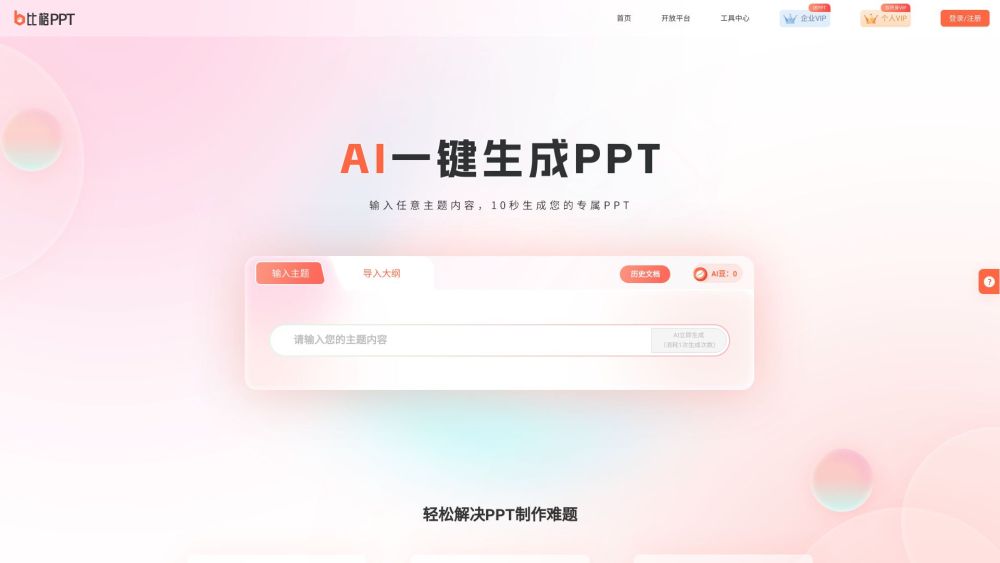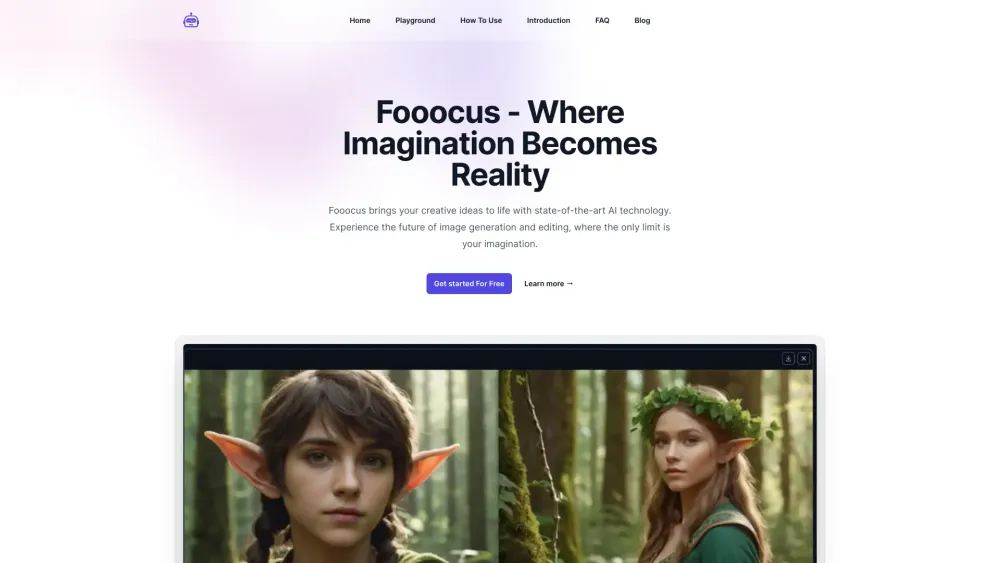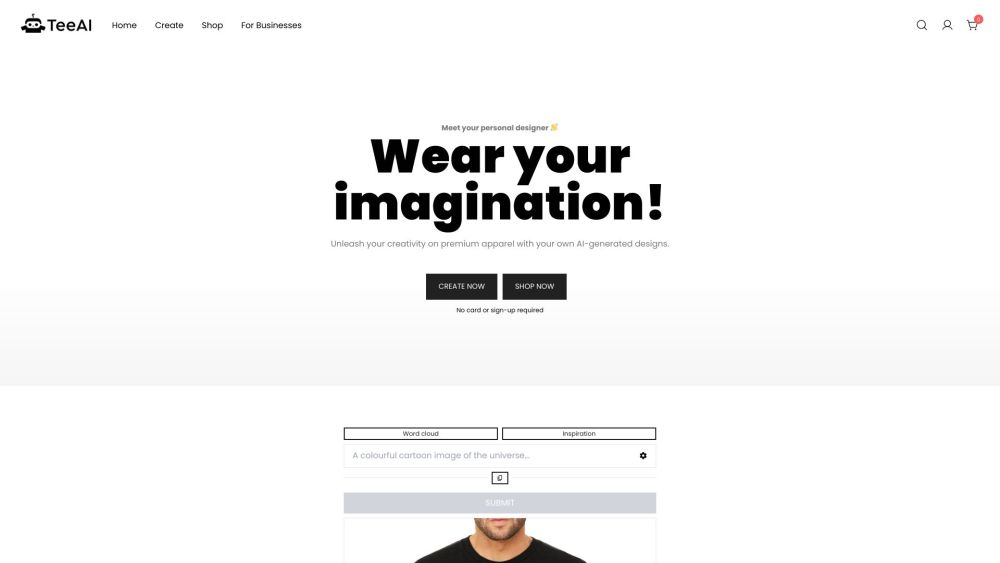OpenAI has made a significant advancement in broadening the global impact of artificial intelligence with the release of a multilingual dataset designed to evaluate language models across 14 languages, including Arabic, German, Swahili, Bengali, and Yoruba.
The Multilingual Massive Multitask Language Understanding (MMMLU) dataset is now available on the open data platform Hugging Face. This evaluation extends the capabilities of the existing Massive Multitask Language Understanding (MMLU) benchmark, which assesses AI systems’ knowledge across 57 disciplines—from mathematics to law and computer science—exclusively in English.
By incorporating a diverse range of languages, including those with limited AI training resources, OpenAI establishes a new benchmark for multilingual AI capabilities. This initiative strives to provide more equitable access to AI technology globally, addressing criticisms regarding the industry's focus on languages spoken by a limited audience.
OpenAI Delivers a Global Benchmark for Evaluating Multilingual AI
The MMMLU dataset challenges AI models to operate effectively in various linguistic environments, reflecting the increasing demand for AI systems that engage users around the world. As businesses and governments adopt AI-driven solutions, the need for models that comprehend and generate text in multiple languages becomes paramount.
Historically, AI research has prioritized English and a few widely spoken languages, leaving many low-resource languages underserved. OpenAI's inclusion of languages like Swahili and Yoruba—spoken by millions—signals a shift toward more inclusive AI technology. This approach is particularly important for enterprises aiming to implement AI solutions in emerging markets where linguistic barriers have posed significant obstacles.
Ensuring High Accuracy in Multilingual AI Through Human Translation
To create the MMMLU dataset, OpenAI employed professional human translators, ensuring a level of accuracy that surpasses similar datasets reliant on machine translation. Automated tools often introduce subtle inaccuracies, especially in low-resource languages. By focusing on human expertise, OpenAI establishes a more trustworthy foundation for evaluating AI models across multiple languages.
This commitment is crucial in sectors like healthcare, law, and finance, where even minor translation errors can have serious consequences. By emphasizing translation quality, OpenAI positions the MMMLU dataset as an essential resource for enterprises requiring reliable multilingual AI performance.
Boosting Open Access to Multilingual AI Data with Hugging Face Partnership
OpenAI's release of the MMMLU dataset on Hugging Face—a leading platform for sharing machine learning models—engages the broader AI research community and reaffirms the commitment to open access in AI research.
However, this release arrives amidst growing scrutiny regarding OpenAI's transparency. Critics, including co-founder Elon Musk, allege that the company has deviated from its foundational mission as a nonprofit open-source entity, particularly due to its partnership with Microsoft. Musk's lawsuit earlier this year reflects these concerns.
In response, OpenAI defends its strategy, asserting a focus on “open access” rather than true open source. This approach aims to provide broad access to AI technologies while retaining control over its advanced models. The MMMLU dataset exemplifies this philosophy, offering a valuable tool to the research community.
Expanding Access to AI in Emerging Markets with OpenAI Academy
In addition to the MMMLU dataset, OpenAI is enhancing its commitment to global AI accessibility with the launch of the OpenAI Academy. Announced alongside the dataset, the Academy aims to support developers and mission-driven organizations leveraging AI to address pressing challenges in low- and middle-income countries.
The Academy will provide training, technical guidance, and $1 million in API credits to enable local AI talent to access advanced resources. By empowering developers familiar with their communities' unique social and economic circumstances, OpenAI aims to foster the creation of AI applications tailored to local needs.
This initiative complements the MMMLU dataset, emphasizing OpenAI’s goal of making advanced AI tools and education accessible to diverse global communities. Together, they reflect OpenAI’s long-term strategy to ensure the benefits of AI development extend to all of humanity, especially underserved populations.
Gaining a Competitive Edge Through Multilingual AI
For businesses, the MMMLU dataset offers a benchmark for assessing their AI systems in a global context. As companies seek to expand internationally, the ability to implement AI solutions that understand multiple languages becomes essential. Effective multilingual AI can enhance customer service, content moderation, and data analysis, offering a competitive advantage by simplifying communication and improving user experience.
The dataset's focus on professional and academic topics also adds significant value. Companies in law, education, and research can utilize the MMMLU dataset to evaluate their AI models in specialized fields, ensuring high standards are met. As AI technology advances, proficiency in complex, domain-specific tasks across languages will be a key differentiator for businesses competing on a global stage.
A Multilingual Future: Implications of the MMMLU Dataset for AI
The release of the MMMLU dataset is poised to reshape the AI industry. As researchers and companies begin to evaluate their models against this multilingual benchmark, the demand for AI systems operating seamlessly across languages will increase. This may catalyze innovations in language processing and greater adoption of AI solutions in historically underserved regions.
For OpenAI, the MMMLU dataset presents both opportunities and challenges. The organization positions itself as a leader in multilingual AI, aiming to fill a critical gap in the current landscape while navigating the ongoing debate between open access and proprietary interests.
As AI becomes increasingly integral to the global economy, stakeholders will need to consider the ethical and practical implications of these technologies. OpenAI’s development of the MMMLU dataset represents progress toward addressing these challenges, raising important questions about the accessibility of the AI revolution.




